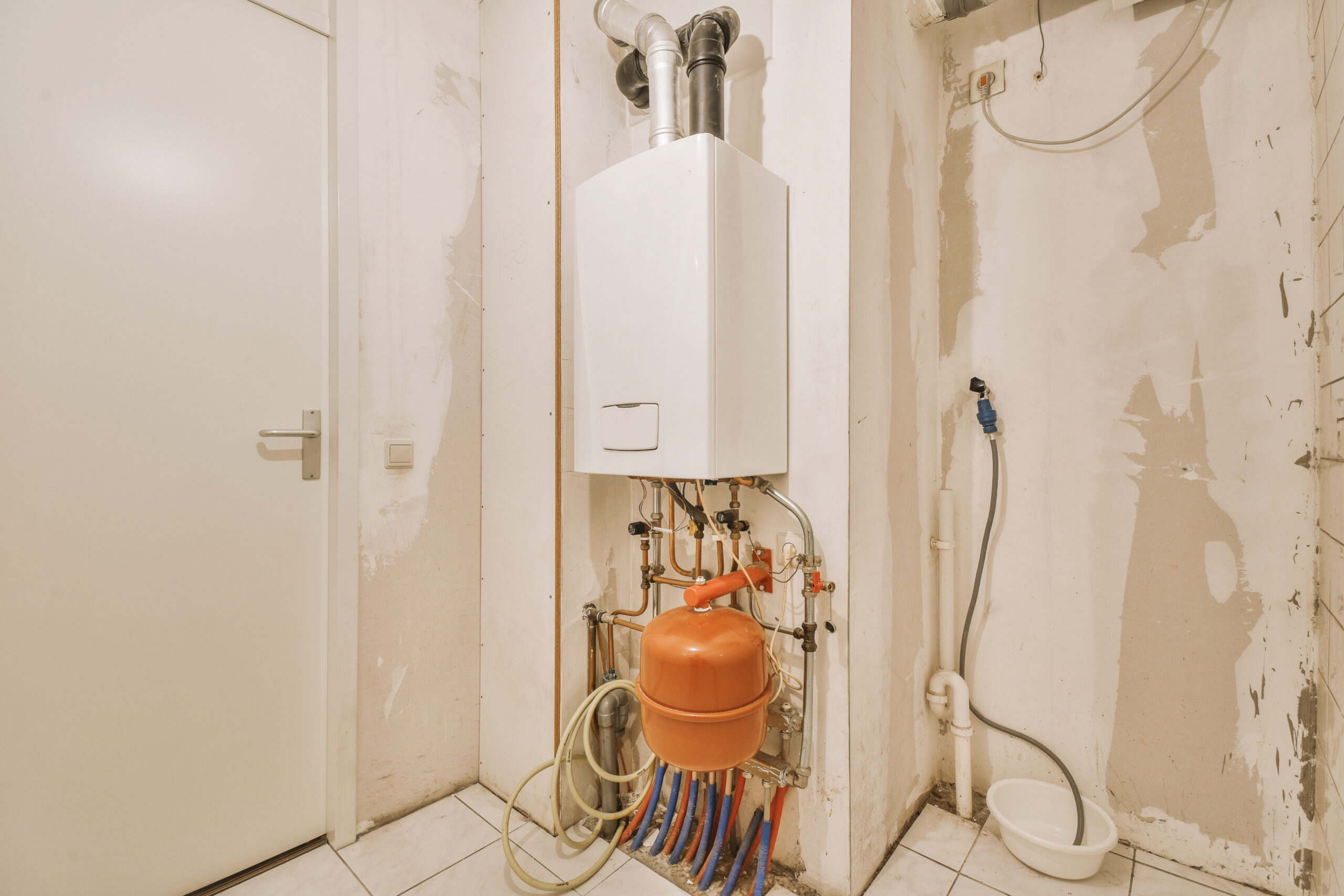In recent years, the shift towards tankless water heaters has become a notable trend in home improvement and sustainability efforts. The traditional tank-based water heater, while reliable, falls short in efficiency and sustainability when compared to its tankless counterparts. This blog post delves into the reasons why you might consider replacing your water heater with a tankless model, focusing on aspects such as cost, benefits, and the specific advantages of a tankless gas hot water heater.
Understanding Tankless Water Heaters
Before we explore the reasons to switch, it’s essential to understand what a tankless water heater is and how it operates. Unlike traditional water heaters that store and continuously heat water in a large tank, a tankless water heater uses a heat source (electric or gas) to warm up water on-demand as it flows through the unit. This means you’re only heating water when you need it, which leads to significant energy savings.
Cost to Replace Hot Water Heater with Tankless
One of the first considerations when thinking about switching to a tankless water heater is the cost involved. Initially, the cost to replace a hot water heater with a tankless model may seem high. Installation costs for tankless water heaters can be greater than traditional models due to the need for modifications in your plumbing system or the installation of a new gas line for gas-powered models. However, it’s crucial to consider the long-term savings.
Tankless water heaters are more energy-efficient than their tank-based counterparts, leading to lower monthly energy bills. Over time, these savings can offset the higher upfront cost. Additionally, tankless water heaters have a longer lifespan, often lasting more than 20 years, compared to the 10-15 years expected of tank models. This extended lifespan further contributes to the overall cost-effectiveness of going tankless.
Should I Replace My Water Heater with a Tankless Gas Hot Water Heater?
Deciding whether to replace your water heater with a tankless model depends on several factors, including your household’s water usage, initial budget, and long-term energy savings goals. Here are a few reasons why you might consider making the switch:
- Energy Efficiency: Tankless water heaters are significantly more energy-efficient than traditional water heaters because they heat water on demand rather than maintaining a tank of hot water 24/7. This can lead to substantial savings on your energy bills.
- Continuous Hot Water Supply: One of the most appealing features of a tankless water heater is its ability to provide a continuous supply of hot water. This means no more cold showers if you’re the last one to bathe in the morning.
- Space Savings: Tankless water heaters are much smaller than traditional tank models and can be installed on a wall, freeing up valuable floor space in your home.
- Longevity: As mentioned, tankless water heaters typically have a longer lifespan than tank water heaters, meaning you won’t have to replace them as frequently.
- Environmental Impact: By consuming less energy, tankless water heaters contribute to reduced greenhouse gas emissions, making them a more environmentally friendly option for your home.
- Making the Switch: Key Considerations
If you’re leaning towards replacing your water heater with a tankless model, here are a few key considerations to keep in mind: - Type of Tankless Water Heater: Decide between an electric or gas tankless water heater based on your home’s existing setup and energy preferences. Gas models generally offer higher flow rates.
- Size and Demand: Evaluate your household’s hot water needs to choose a tankless water heater with the appropriate capacity. Consider the number of appliances and fixtures that will use hot water simultaneously.
- Installation Requirements: Tankless water heater installation might require upgrades to your home’s electrical system or gas lines, as well as ventilation for gas models. Ensure you understand these requirements and associated costs before proceeding.
- Rebates and Incentives: Look into local rebates and incentives for energy-efficient appliances. These can help offset the initial cost of purchasing and installing a tankless water heater.
- Professional Installation: Given the complexities involved in installing a tankless water heater, it’s advisable to hire a professional. This ensures your system operates efficiently and complies with local building codes.
Replacing your water heater with a tankless model can offer numerous benefits, including energy savings, continuous hot water supply, space savings, and a lower environmental impact. While the initial cost may be higher than that of a traditional water heater, the long-term savings and benefits often justify the investment.
Before making the switch, carefully consider your household’s needs, the type of tankless water heater that best suits your situation, and the specifics of installation. By doing so, you can ensure that your transition to a tankless water heater is smooth and beneficial in the long run.
Embracing a tankless water heater is not just about upgrading your home’s appliances; it’s about investing in a more efficient, sustainable future. As more homeowners recognize the advantages of going tankless, the shift towards these energy-saving units is likely to continue, marking a significant step forward in residential energy efficiency.


